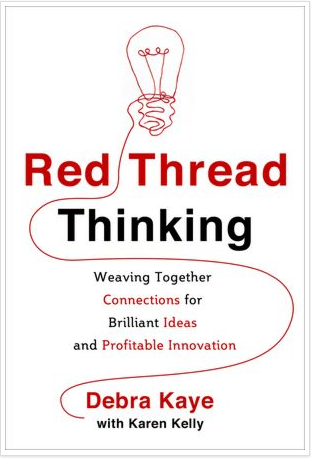 A growing body of research documents the powerful impact meditation has on the brain: it literally changes our minds—for the better.
A growing body of research documents the powerful impact meditation has on the brain: it literally changes our minds—for the better.
Researchers at Massachusetts General Hospital and Harvard Medical School have found that people who meditate for about 30 minutes a day for eight weeks have measurable changes in gray-matter density in parts of the brain associated with memory, sense of self, empathy, and stress. MRI brain scans taken before and after participation in the study show increased gray matter in the hippocampus, an area that is important for learning and memory. The images also showed a reduction of gray matter in the amygdala, a region that is connected to anxiety and stress.
Yale University researcher Judson Brewer and his colleagues have found that experienced meditators have “improved attentional focus” and “improved cognitive flexibility” due to the changes mindfulness brings to the area of the brain known as the posterior cingulate cortex. While this heady research has many practical applications for health and wellness, it also suggests that meditation feeds the wellspring of creativity that resides within us.
Based on brain-science studies, corporations are using meditation to help employees bring new concepts and ideas to the table.
Innovation begins with meditation.
Innovation, says Shell chemical engineer Mandar Apte, is “all about thinking of new things.”
Apte, whose “Empower” curriculum incorporates meditation techniques to teach Shell employees how to innovate, continues, in a Knowledge@Wharton interview: “one has to learn how to drop the old habits, the old ideas, the old concepts and it’s like taking a pause from the business of today, a gap in your mind from the train of thoughts. That’s what meditation allows you. It gives you tools and techniques to pause. And silence is the mother of creativity.”
It does not take years to realize the benefits of these tools, either. The research of Richard J. Davidson at the University of Wisconsin explains that meditation triggers high-frequency brain waves associated with attention and perception to a far greater degree in experienced practitioners of meditation than in novices. Davidson says you can observe changes after as little as two weeks of consistent meditative practice.
Meditation strengthens cognitive control.
Judson Brewer’s brain research shows that the ability to concentrate is enhanced when meditation quiets other brain functions.
Brewer explains, in a buddistgeek podcast, an experiment in which he had people meditate with their eyes open and graphed their brain activity in the posterior cingulate. He found that “when it was active, subjects were doing something self-referential or mind wandering.”
“When the posterior cingulate area of the brain was de-active,” Brewer said, “they were concentrated or some even described it being in the flow state.” Steven Kotler, author of “The Rise of Superman”, explains “flow state” as “a strange state of consciousness. In flow, concentration becomes so laser-focused that everything else falls away.” The spark of creativity, it seems, is ignited when we are able to get out of our own way by letting go of preconceived notions, inward distractions of day-to-day worries, habitual associations. Creativity, in other words, stems from the state of mind induced by meditation.
Meditate? Who, me?
There are many business-friendly programs that offer this valuable braining training.
You need not go to work for Shell to participate in a program like Empower to bring the benefits of mediation into your workplace. There are programs designed specifically to bridge the gap between the esoteric realm of brain science and the practical realities of the office. The Center for Mindfulness in Medicine, Health Care and Society at the University of Massachusetts Medical School, for example, offers the evolve program, designed to “explore the power and potential of mindfulness practices” at work. Around since 1995, the Center is one of the old
est programs around—and its affiliation with a highly respected medical school gives it added gravitas.
MedWorks, located in Brookline, Massachusetts, offers on-site training programs, and on-line programs via Skype. Their impressive client list includes New Balance, Dunkin’ Brands, and Genzyme Corporation. But if the idea of a formal program sounds too time-consuming or too expensive, you might want to make your initial foray into meditation and mindfulness by using the free app—which works with Apple and Android platforms—Insight Connect. Insight Connect provides users with guided meditation sessions that last as long as you choose.
The “hows” of meditation have been around for millennia. Scientific confirmation of the beneficial neurological changes that take place during periods of mindfulness ought to make us all stop and think.


